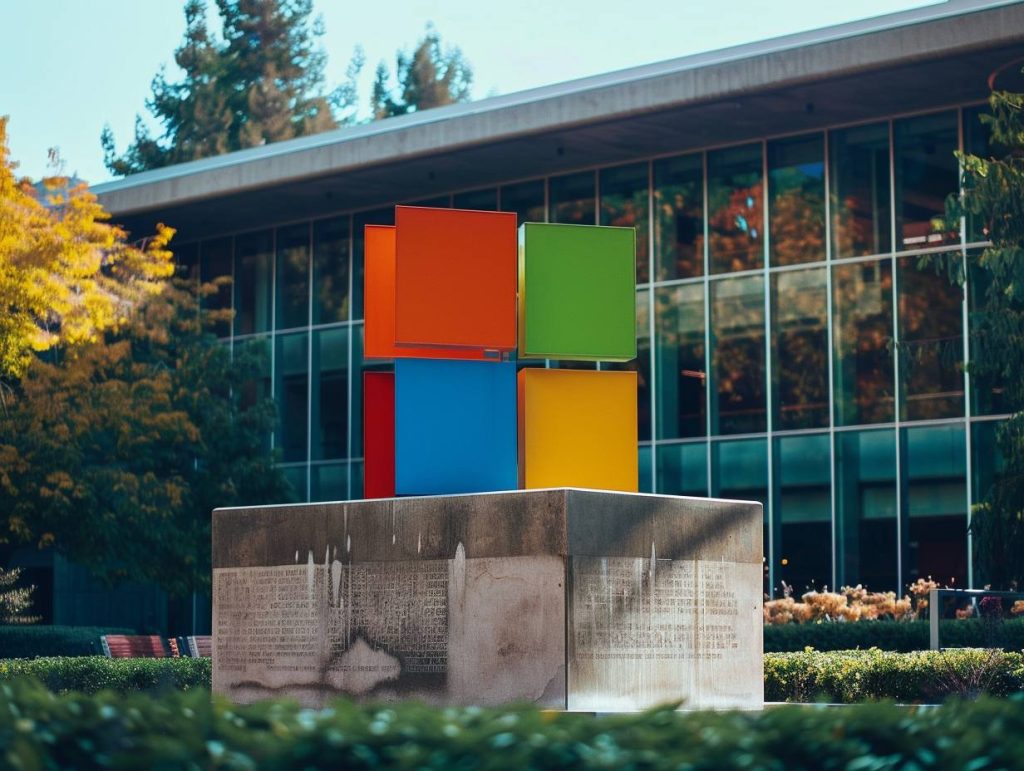In a significant development for the global energy industry, the developers of the East African crude oil pipeline (EACOP) are harnessing the power of artificial intelligence (AI) to monitor the over 1,400-kilometer pipeline, stretching from Kabaale in Hoima, Uganda, to the port of Tanga in Tanzania. The implementation of AI technology aims to enable real-time detection of leaks or tampering along the pipeline, ensuring swift response and maintenance. As AI integration becomes increasingly prevalent in the energy sector, particularly in pipeline operations, this move represents a crucial step forward in enhancing safety and efficiency.
Addressing concerns and enhancing security
The decision to employ AI in monitoring the EACOP comes amid concerns about potential oil theft and environmental leakages, issues reminiscent of challenges faced in other regions, such as Nigeria. However, Martin Tiffen, managing director of East African Crude Oil Pipeline (EACOP) Ltd, has expressed confidence in the pipeline’s state-of-the-art design and technology. The pipeline, featuring a fiber optic cable running alongside it, is engineered to effectively mitigate these risks.
Tiffen elaborated on the pipeline’s design, tailored specifically for Uganda’s waxy oil, which necessitates constant heating to maintain fluidity. The pipeline will resemble a thermos flask, with insulation and heating up to 50 degrees Celsius to preserve the oil’s flow.
Innovative features for detection and communication
Lawrence Ssempagi, EACOP project lead, highlighted the innovative features of the pipeline, including the fiber optic cable. This cable will serve a dual purpose: detecting temperature changes, which can signal potential leakages, and acting as a data transmission line for the governments of Uganda and Tanzania. The pipeline will be buried 1.6 to 1.8 meters underground, employing horizontal drilling methods for crossing rivers and auger drilling for road crossings. Joseph Mukasa, the environmental specialist at EACOP, emphasized the project’s strict adherence to environmental guidelines, particularly when crossing wetlands.
Commitment to safety and monitoring
Dozith Abeinomugisha, director in charge of Midstream Developments at the Petroleum Authority of Uganda (PAU), underscored that EACOP is poised to become one of the world’s most advanced and safest pipelines. It will feature real-time satellite monitoring, capable of detecting pressure changes that could indicate leaks or tampering.
The EACOP project, estimated to cost around $4 billion, has been subject to extensive scrutiny, both locally and internationally, concerning environmental and human rights issues. Nevertheless, the PAU assures that the pipeline’s construction, heralded as one of the most challenging infrastructure projects in African history, prioritizes safety, efficiency, and minimal disruption to local communities and ecosystems.
Compensation and progress
The pipeline’s route selection aims to minimize disruption to local communities and the environment. Compensation packages have been offered to affected residents in both Uganda and Tanzania, with the majority accepting the terms. With the first 100 kilometers of pipe already manufactured and expected to arrive soon, the EACOP project is advancing steadily. It holds the promise of revolutionizing the region’s oil and gas sector while setting a benchmark for the safe and efficient transportation of crude oil.
The adoption of AI technology for real-time monitoring of the East African crude oil pipeline marks a significant milestone in the energy industry. Beyond ensuring the safety and security of oil transportation, it exemplifies the industry’s commitment to embracing innovative solutions. As the project progresses, it not only holds the potential to transform the region’s energy landscape but also sets a high standard for environmentally conscious and community-oriented infrastructure development. With AI at its core, the EACOP project is poised to redefine the future of pipeline operations.




